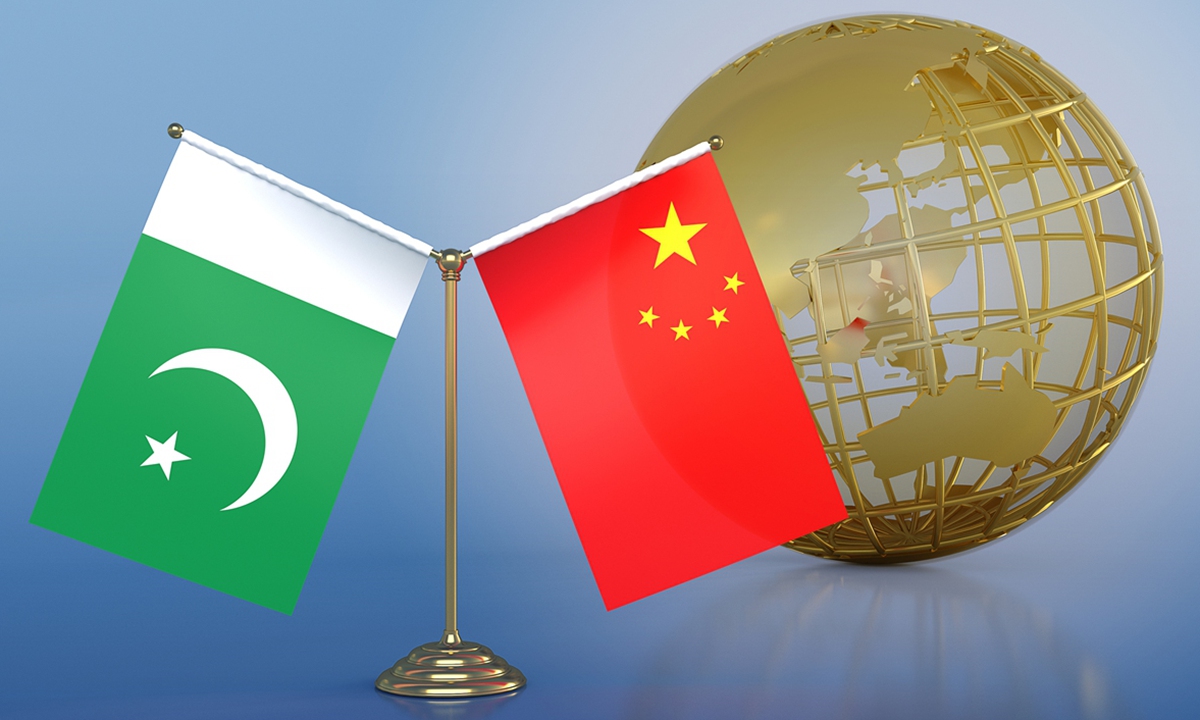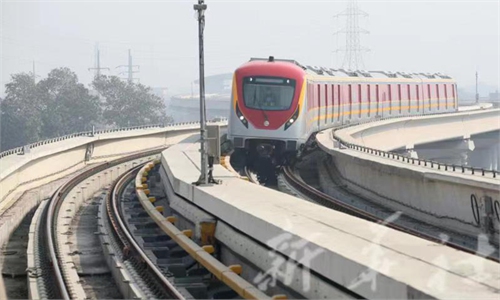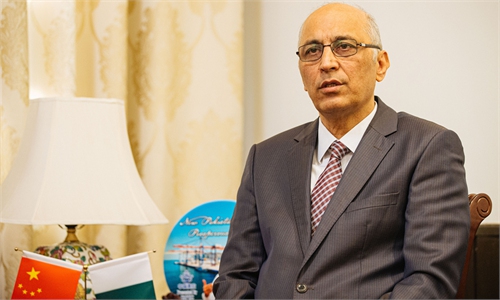Annihilation awaits Pakistani extremist forces rampantly attacking Chinese personnel

Photo: VCG
The "Balochistan Liberation Army" in Pakistan claimed responsibility for an attack targeting vehicles of Chinese engineers near Gwadar Port, but this incident seems to have been well controlled, with no casualties among the 23 Chinese personnel in the convoy and at least two attackers killed. However, this latest terrorist attack reflects the dangerous situation faced by Chinese construction personnel in Pakistan. In the past two years, there has been an increase in terrorist attacks targeting Chinese personnel in Pakistan. The attack on the Chinese construction team's bus at the Dasu hydropower plant two years ago and the attack on personnel at the Confucius Institute in Karachi last year have resulted in serious bloodshed.
Pakistan in recent years it has been plagued by extremist forces. In the 1950s and 1960s, Pakistan was at the forefront of development in Asia. At that time, South Koreans also formed groups to study in Pakistan, and China introduced some management practices from Pakistan. The breakthrough in China-US diplomacy was also made through secret contacts in the capital of Pakistan.
Ten years ago, I went to Pakistan for an interview. As soon as I arrived at Karachi Airport, I and several colleagues were greeted by six or seven armed bodyguards and taken to the hotel we were staying. The hotel was heavily guarded, like a fortress. The situation in the capital, Islamabad, was slightly better, but when we interviewed a local bank official, he said that his whole family stayed at home at night and never went out. Sometimes they could hear gunshots at night. Local friends invited us to dinner at a hotel and told us that there had been a serious terrorist attack at this hotel before, with heavy casualties.
We later went to Peshawar for an interview, and we were received by the military. They restricted our interview activities to the military camp, citing the unsafe streets. Finally, after we strongly insisted, the military agreed to let us take a car to go around the streets. Our car was escorted by military vehicles in the front and back.
The overall counter-terrorism situation in Pakistan has greatly improved, but it still falls short of the normal security level required by a country. The China-Pakistan Economic Corridor (CPEC), jointly built by China and Pakistan, holds significant strategic importance for both countries. However, there are widespread suspicions that the US and India are infiltrating Pakistan, particularly with the aim of targeting the CPEC.
Social stability is truly the cornerstone of a country's development. In recent years, Pakistan has fallen behind by India, and the main reason is the disruption caused by various extremist forces. Pakistan and India have similar political systems, both adopting Western-style democracy. However, in recent decades, especially after the US launched the war on terror, extremist forces within Pakistan have become intricately intertwined with external terrorist forces. The international geopolitical factors have brought about further turbulence, gradually widening the development gap between Pakistan and India.
The construction of the CPEC has provided crucial support to Pakistan's economy and created numerous job opportunities, which is an invaluable driving force. The Pakistani government and local authorities attach great importance to the positive effects of the CPEC. However, some extremist forces see attacking Chinese construction personnel as a bargaining chip in their struggle against the central government. The political goal of the "Balochistan Liberation Army" is "independence" for the province, but they have increasingly targeted Chinese individuals in Pakistan. They are extremely foolish and are ultimately bringing destruction upon themselves.
The security of Chinese personnel in Pakistan is highly valued by the Pakistani government. Those who dare to attack Chinese personnel will be eradicated.
The author is a Chinese media professional. opinion@globaltimes.com.cn



